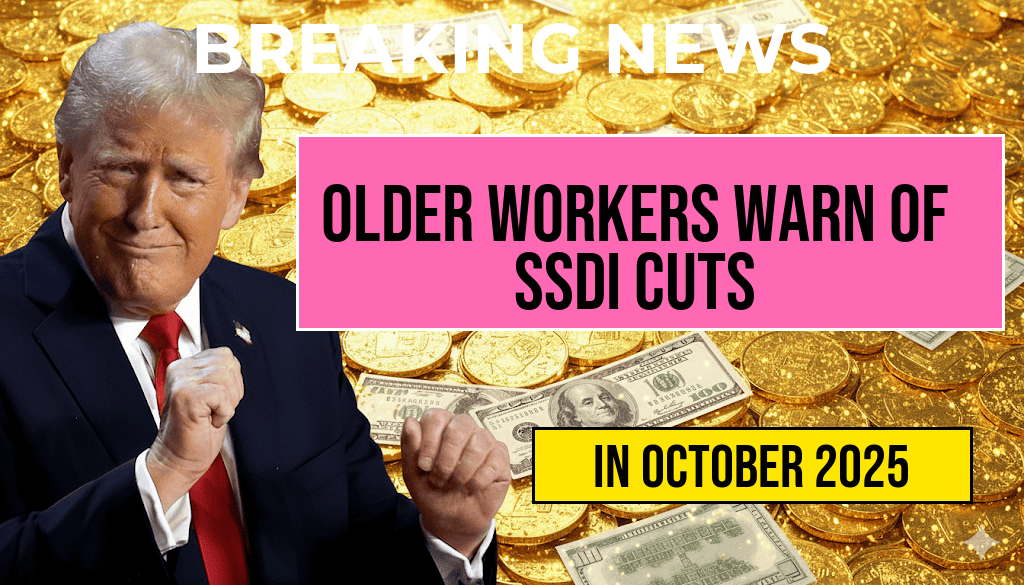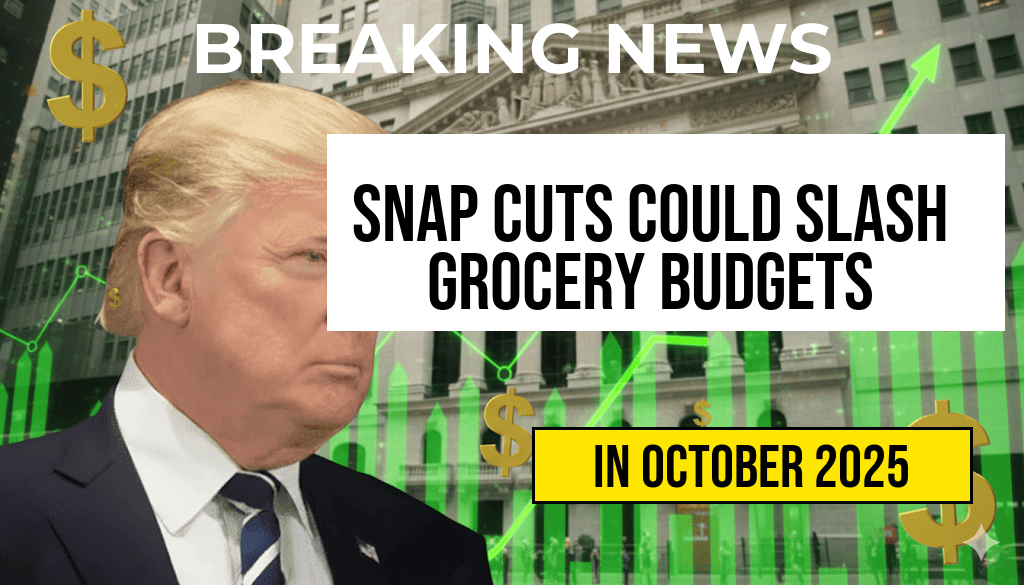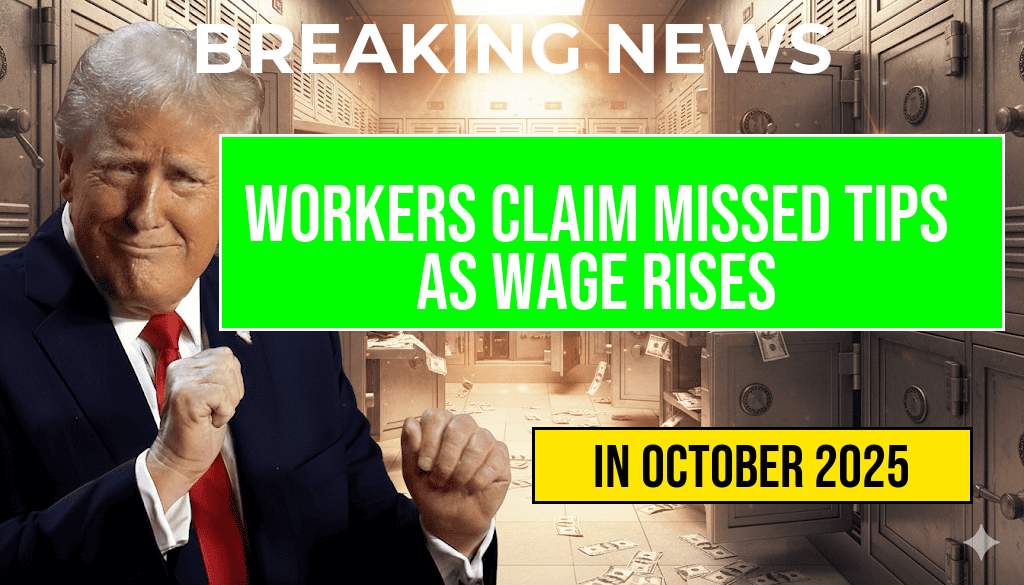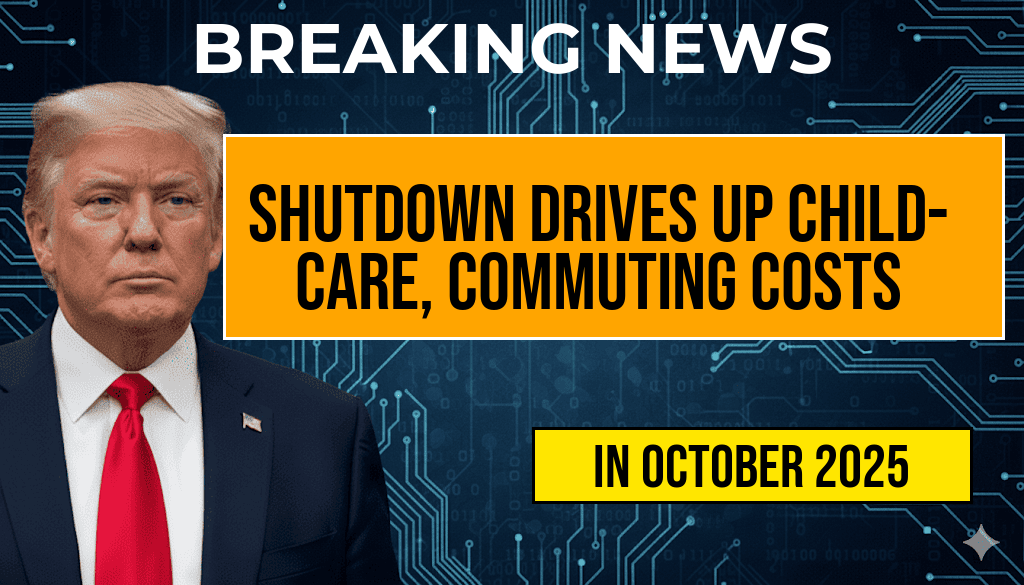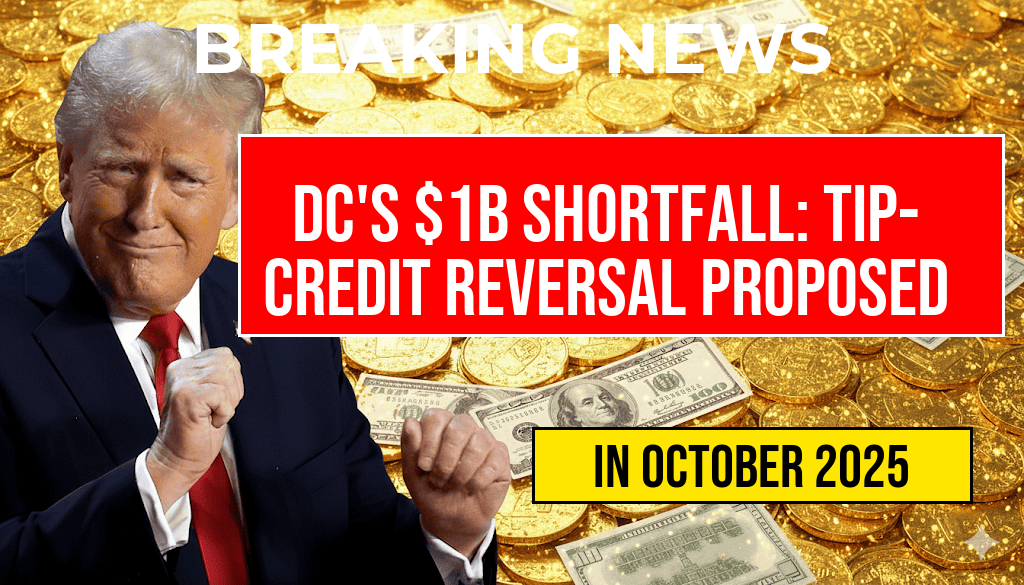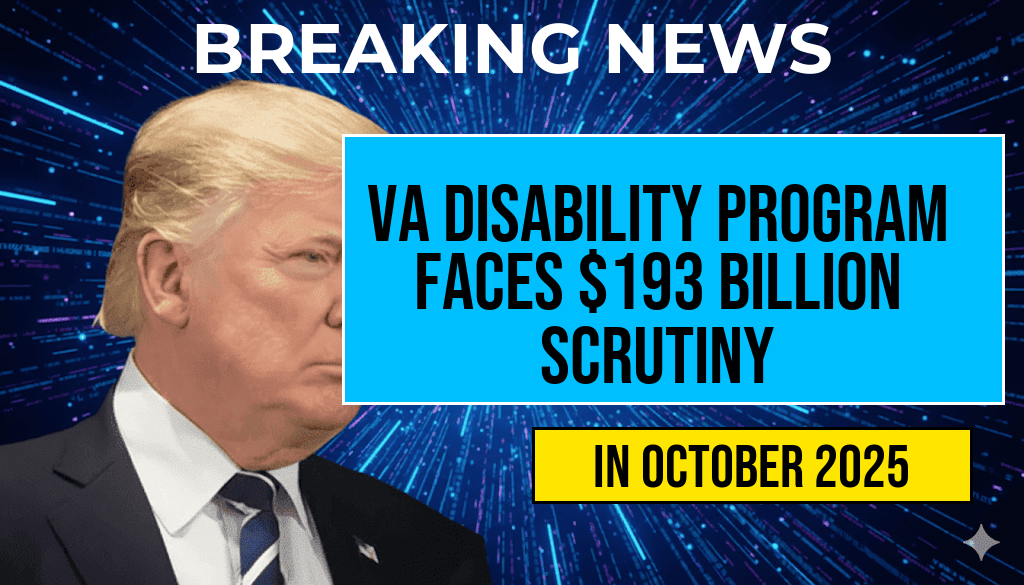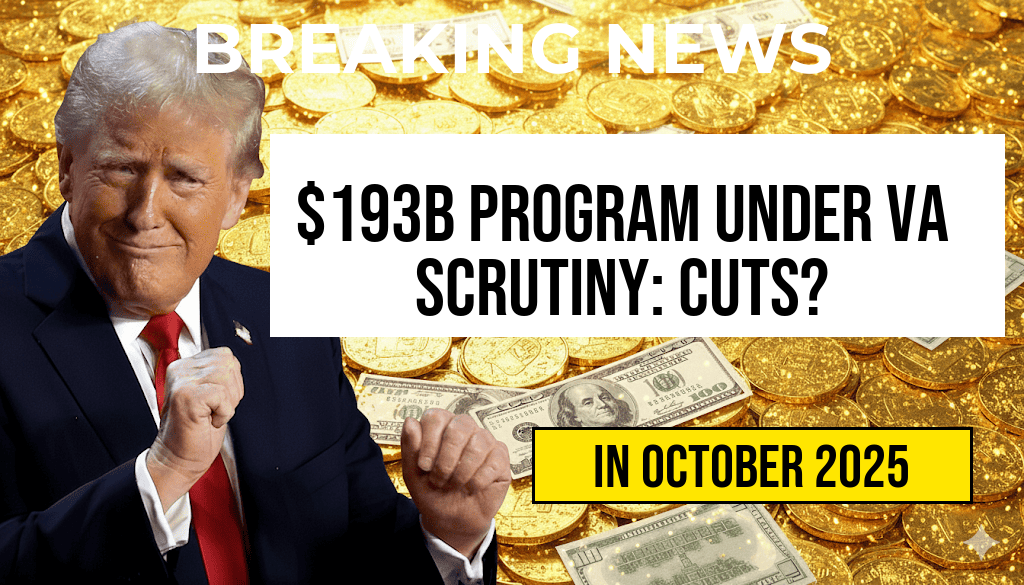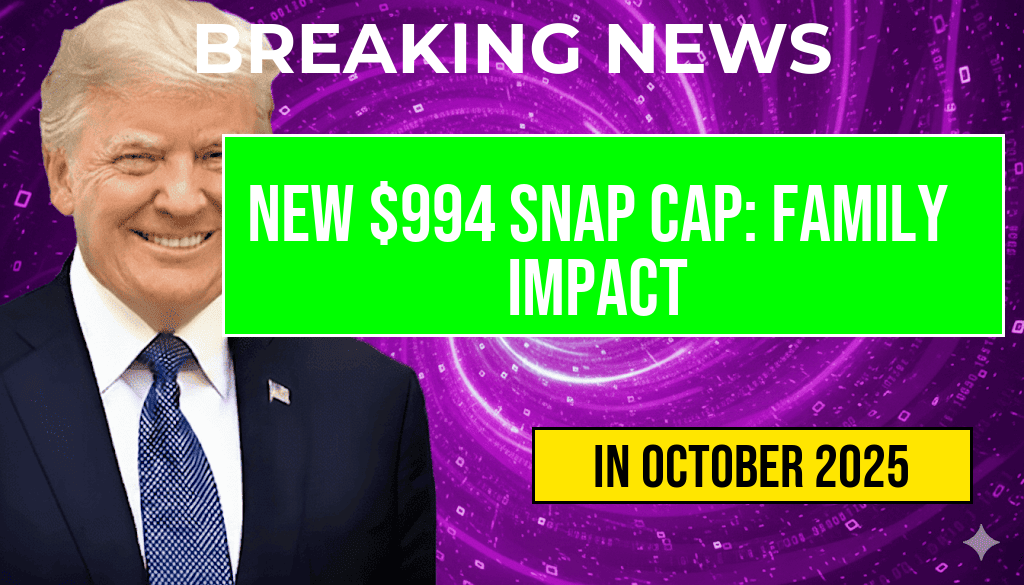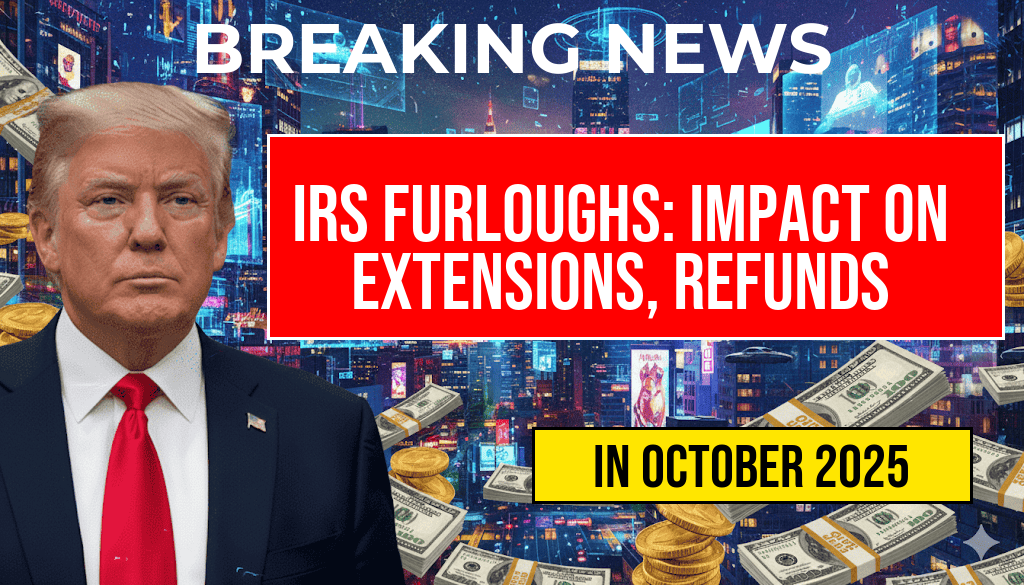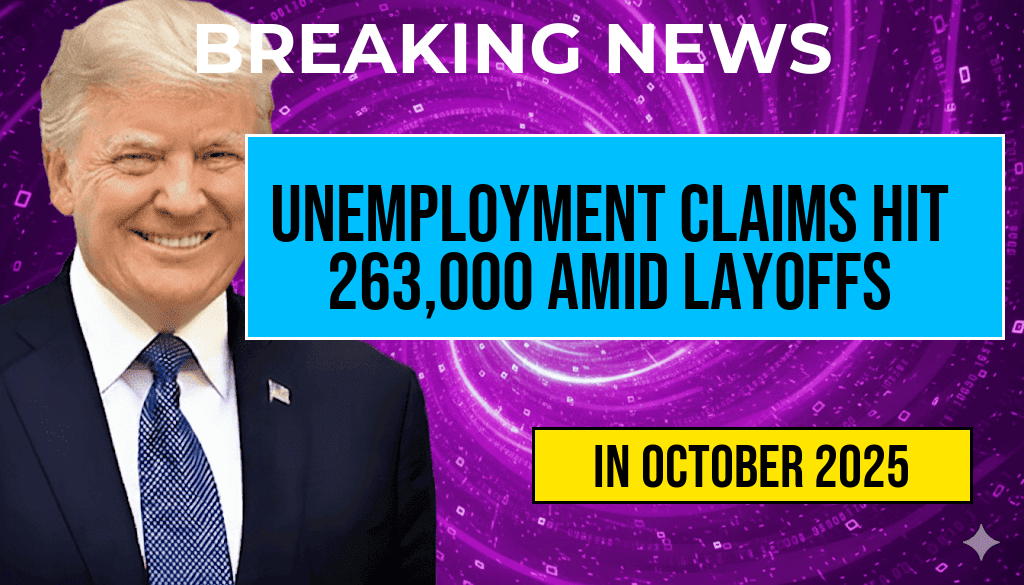The District of Columbia is grappling with a staggering $1 billion budget shortfall, prompting local lawmakers to consider a reversal of the tip credit as a potential solution. This proposal, which would alter the current framework allowing employers to pay tipped workers less than the standard minimum wage, has significant implications for the ongoing discussions surrounding the city’s planned increase to a $10 tipped minimum wage. Advocates argue that the change could provide necessary revenue during a fiscal crisis, while opponents contend it could jeopardize the livelihoods of thousands of service workers who rely on tips to supplement their income.
Understanding the Budget Shortfall
The budget shortfall arises from a combination of factors, including decreased tax revenues due to economic downturns and increased spending on essential services. According to the DC Office of the Chief Financial Officer, the city’s financial landscape has been considerably affected by inflation and fluctuating federal funding. As a result, Mayor Muriel Bowser has called for a series of measures to address the deficit, with the tip credit reversal emerging as a contentious debate.
The Tip Credit Reversal Proposal
The tip credit system in DC allows restaurants and similar establishments to pay their employees a lower base wage, as long as their total earnings—including tips—meet or exceed the minimum wage. Currently, the minimum wage in Washington, D.C. stands at $16.10 an hour, while the tipped minimum wage is significantly lower at $5.35. The proposed reversal would eliminate the tip credit, requiring employers to pay tipped employees the full minimum wage before tips.
Implications for Tipped Workers
- Increased Base Wages: If the proposal passes, tipped workers would see an increase in their base pay, potentially leading to greater financial stability.
- Potential Job Losses: Critics argue that this change could lead to job cuts in the hospitality sector as employers may seek to reduce labor costs.
- Impact on Customer Behavior: Higher wage costs may result in increased menu prices, potentially affecting customer tipping behavior.
The $10 Tipped Minimum Wage Debate
Alongside the budget crisis, the city has been engaged in a prolonged discussion about raising the tipped minimum wage to $10. Proponents of this increase believe it would help to ensure that service workers earn a livable wage, especially in a city with a high cost of living. However, the tip credit reversal complicates this matter, creating a complicated landscape where both proposals could have overlapping effects on workers and businesses.
Support and Opposition
Supporters of the tip credit reversal argue that it is a necessary step to ensure fair wages for all workers, especially as inflation continues to erode purchasing power. Labor organizations and advocates for social justice emphasize that tipping is an unreliable source of income, and many workers, particularly those from marginalized communities, disproportionately suffer from this system.
Conversely, restaurant owners and industry advocates voice concerns about the financial viability of their businesses. They argue that the current system allows for a flexible wage structure that can adapt to varying levels of customer patronage. Additionally, they warn that increasing labor costs could lead to fewer job opportunities for entry-level workers, particularly in a market that has already faced labor shortages.
Future Considerations
As the DC Council prepares to discuss the proposal, the economic implications of both the budget shortfall and potential changes to the tipped wage system will remain at the forefront of public debate. Various stakeholders, including policymakers, business owners, and advocacy groups, are likely to engage in discussions to find a balanced approach that addresses the needs of service workers while also considering the financial realities faced by businesses.
| Wage Type | Current Rate |
|---|---|
| Minimum Wage | $16.10 |
| Tipped Minimum Wage | $5.35 |
As discussions progress, the outcomes will not only shape the economic landscape of D.C. but will also set precedents for other cities grappling with similar issues. For more information about the budget shortfall and wage policies in D.C., visit Wikipedia or Forbes.
Frequently Asked Questions
What is the current budget shortfall facing Washington, D.C.?
Washington, D.C. is facing a $1 billion budget shortfall, which has prompted city officials to explore various solutions to address the financial gap.
What is the proposed solution to the budget shortfall?
The proposed solution includes a tip-credit reversal, which would impact the way tipped workers are compensated and could potentially raise the minimum wage for these employees.
How would the tip-credit reversal affect tipped workers?
The tip-credit reversal would eliminate the current system that allows employers to pay tipped workers a lower minimum wage, thereby increasing their overall earnings and ensuring fair compensation.
What are the implications of moving to a $10 tipped minimum wage?
Implementing a $10 tipped minimum wage would ensure that tipped workers receive a more stable income, but it could also lead to increased operational costs for employers in the service industry.
What other measures are being considered to address the budget shortfall?
In addition to the tip-credit reversal, city officials are exploring various budget cuts and revenue-generating measures to help close the $1 billion budget gap.

